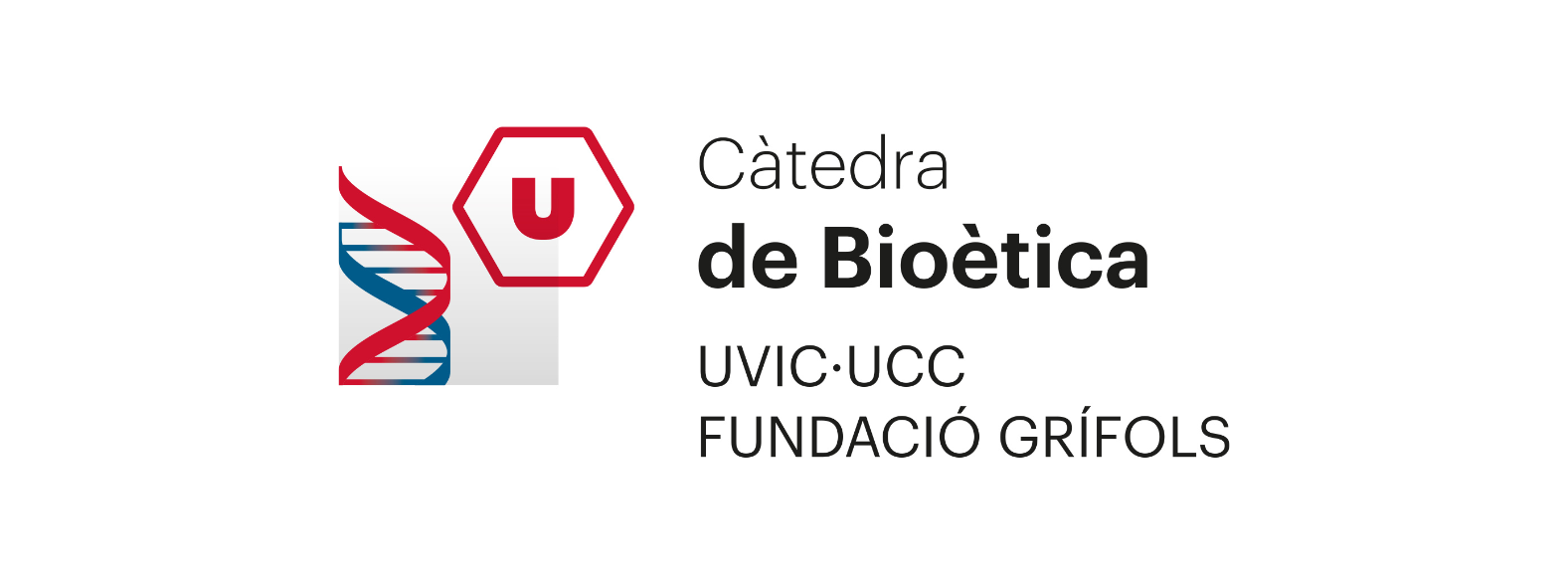Novedades
Nueva convocatoria de Premios y Becas
Matinales de cine y debate con "Midnight Family"
Matinales sobre bioética con "L'edat imminent"
El BST lanza una encuesta para mejorar la comunicación ética en terapias avanzadas
¿Qué es la bioética?
La bioética es una disciplina que surge a mediados del siglo XX como respuesta al desarrollo tecnocientífico sobre la vida. Su finalidad es elaborar un pensamiento fundamentado en la ética, que responda a deliberaciones sustentadas en la razón, a fin de ofrecer criterios éticos a la hora de tomar decisiones que afecten a la vida.
73. Salud mental y sociedad: ¿una nueva pandemia?
Qué políticas para qué cuidados
Bioética: una mirada hacia el futuro
Premios y becas

Becas de investigación

Premios bachillerato

Premio Ética y Ciencia

Premio Audiovisual

Coparentalidad contractual: retos éticos y jurídicos
Más bioética
Blog con artículos de opinión y actualidad bioética

Cátedra de Bioética
La finalidad de la Cátedra es impulsar los conocimientos sobre la bioética a través de la docencia y la investigación